Keywords: Black Lives Matter
-
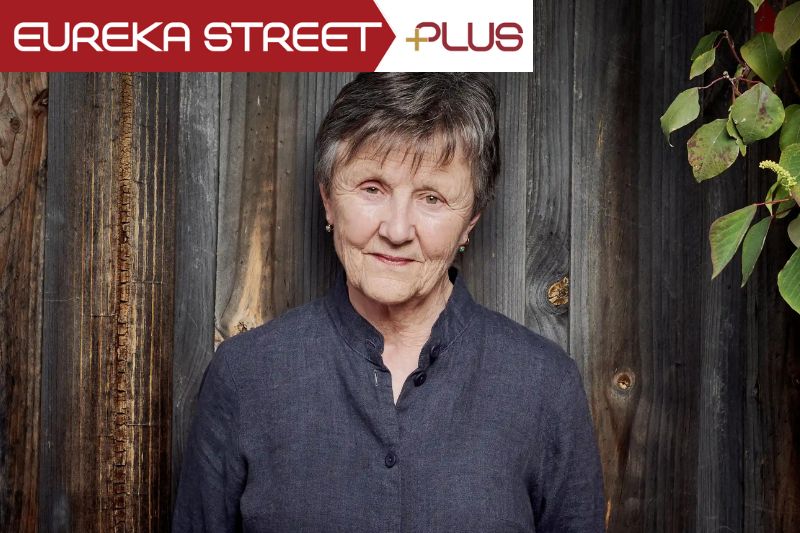
ARTS AND CULTURE
- Paul Mitchell
- 17 February 2023
3 Comments
Arguably Australia’s most celebrated living author, Helen Garner has built a reputation as a fearless and unapologetic writer whose work has remained fresh and relevant for over 45 years. We sat down with Helen to explore the challenges of confessional non-fiction, her fondness for church, and her commitment to unsparing self-analysis.
READ MORE 
-
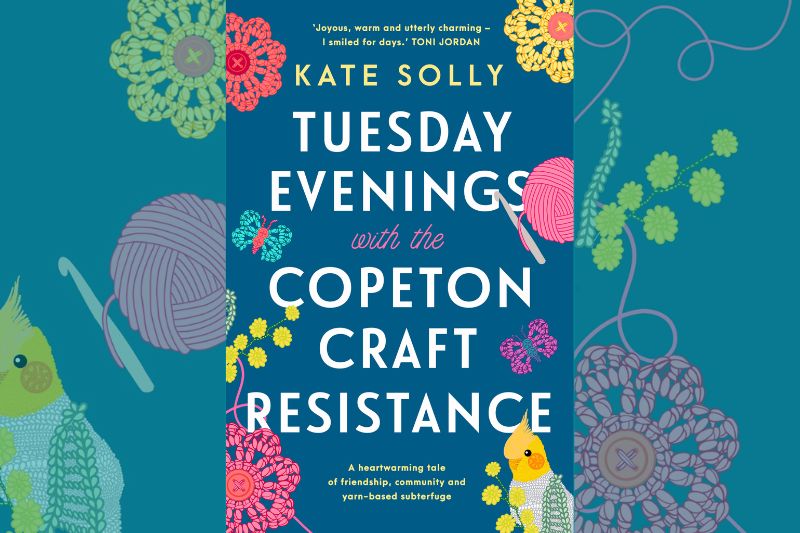
ARTS AND CULTURE
- Andrew Hamilton
- 09 February 2023
3 Comments
The plot of Kate Solly’s very enjoyable first novel, Tuesday Evenings with the Copeton Craft Resistance turns on the conflict between good and evil, represented respectively by the generous desire to turn Catholic property over to refugees and the vicious desire to prevent the project by portraying refugees as Muslims and Muslims as sinister and alien.
READ MORE
-
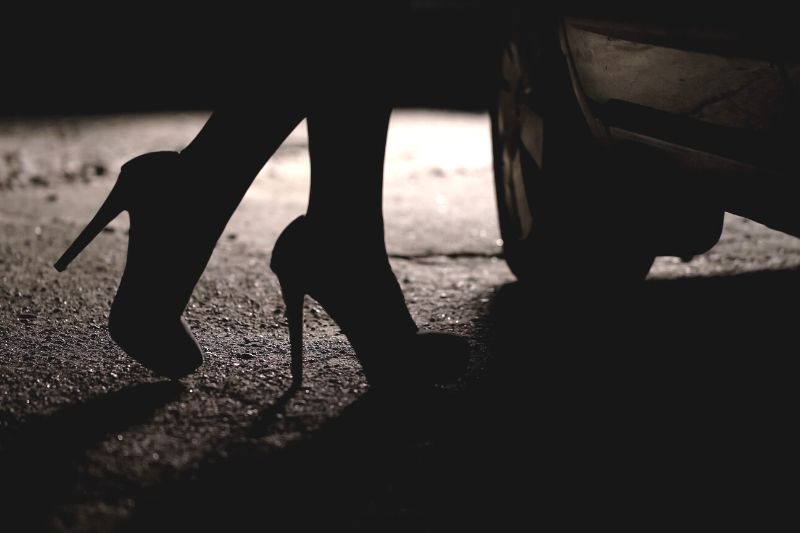
AUSTRALIA
- Juliette Hughes, Kathy Chambers
- 05 January 2023
With very little public debate or consultation, Victoria has repealed almost all laws relating to prostitution. Alone among all recreational activities, sex for payment is now unrestricted, even regarding health and safety. If we really care what happens to people, what place does sex work have in our society?
READ MORE
-

AUSTRALIA
- Justin Glyn
- 05 January 2023
In the early part of the twentieth century, Francis Galton (a cousin of Charles Darwin) used the latter’s work to argue that human breeding stock could be improved. He would weed out the weakest and the less able and produce a sturdier race. Until recently, the crematoria of Hitler’s death camps were enough to remind most that this was not an idea consonant with actual human flourishing.
READ MORE
-
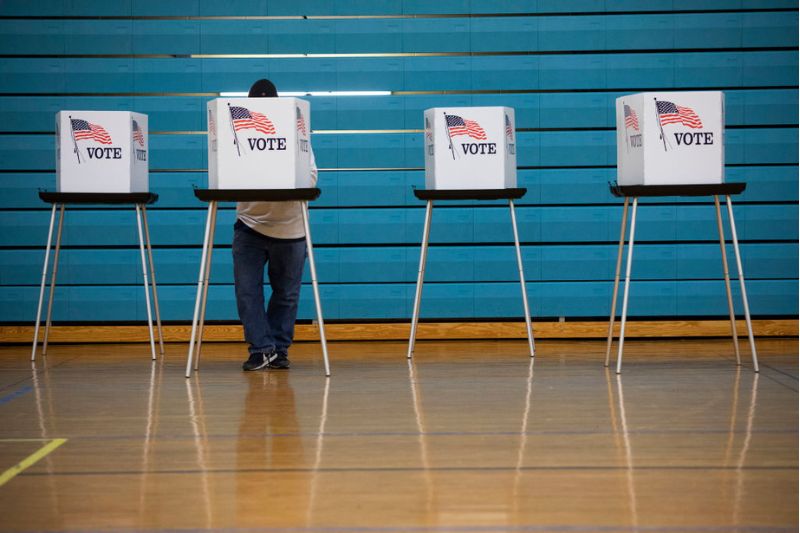
INTERNATIONAL
- Jim McDermott
- 15 November 2022
5 Comments
In recent weeks it had become a foregone conclusion that the Democrats were going to post big losses in the midterms; it’s just the way American politics seems to work. The party in power loses seats halfway through a term. What are we to make of the fact that that didn’t happen, or that we didn’t see anything the protests and violence that ensued after the 2020 election?
READ MORE 
-

INTERNATIONAL
- Binoy Kampmark
- 25 October 2022
2 Comments
With the likes of David Beckham and Tim Cahill openly supporting the FIFA Men's World Cup in Qatar next month, what of those troubled sporting figures wishing to take an ethical, moral stand against a tournament’s organisers? To that end, a new, disingenuous form of protest has emerged, one of virtuous self-promotion that eschews substantive effect.
READ MORE 
-

AUSTRALIA
- Juliette Hughes, Kathy Chambers
- 20 October 2022
10 Comments
With very little public debate or consultation, Victoria has repealed almost all laws relating to prostitution. Alone among all recreational activities, sex for payment is now unrestricted, even regarding health and safety. If we really care what happens to people, what place does sex work have in our society?
READ MORE 
-

ENVIRONMENT
- Andrew Hamilton
- 01 September 2022
2 Comments
To address climate change demands concerned action that is built on people working together for the good of all. This in turn demands the recognition that the environment is not something different from us but part of us. Our personal good depends on the common good of our world.
READ MORE 
-

INTERNATIONAL
- David Halliday, Beth Doherty, Tim Dunlop, Matthew Howard
- 26 August 2022
When former Facebook employee Frances Haugen released a trove of documents revealing internal research on the negative effects its social media products were having on mental health, the darker side of social media became hard to ignore. So how might the harmful effects of social media be mitigated into a social benefit for a saner, more coherent society?
READ MORE 
-
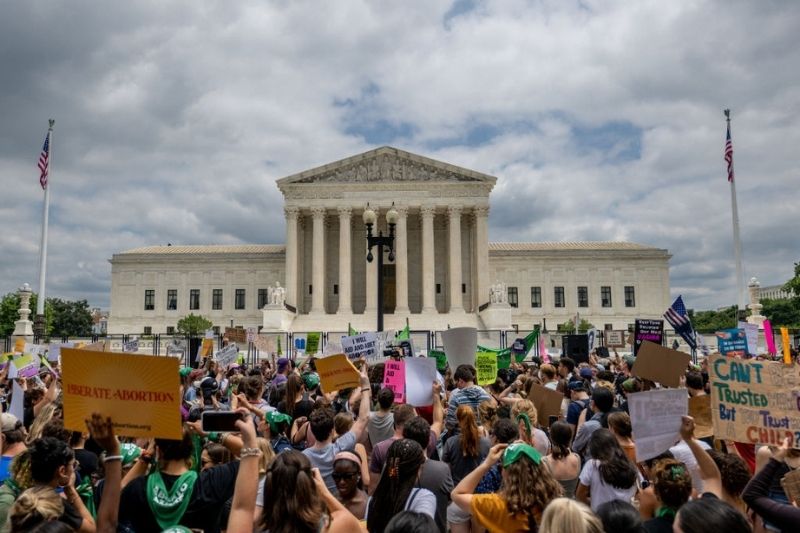
INTERNATIONAL
- Chris Middleton
- 05 July 2022
17 Comments
The overruling of the Roe v Wade decision by the Supreme Court in the Dobbs decision marks a significant moment in the abortion debate, while highlighting the deep fissures in America’s body politic. Despite the fact that the Supreme Court ruling had been foreshadowed months ago, the shock has been real.
READ MORE 
-

AUSTRALIA
- Justin Glyn
- 27 January 2022
12 Comments
In the early part of the twentieth century, Francis Galton (a cousin of Charles Darwin) used the latter’s work to argue that human breeding stock could be improved. He would weed out the weakest and the less able and produce a sturdier race. Until recently, the crematoria of Hitler’s death camps were enough to remind most that this was not an idea consonant with actual human flourishing.
READ MORE 
-
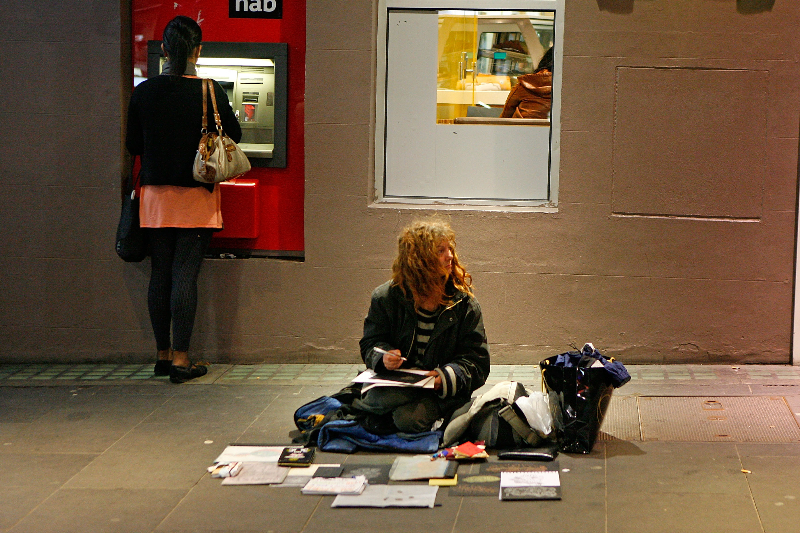
ECONOMICS
- John Falzon
- 04 January 2022
7 Comments
When you put rising housing costs alongside stagnating wages, an alarming trend in normalising insecure work, persistent unemployment and underemployment, and statutory incomes that are going backwards in real terms, there’s good reason to be deeply worried about an increase in homelessness.
READ MORE